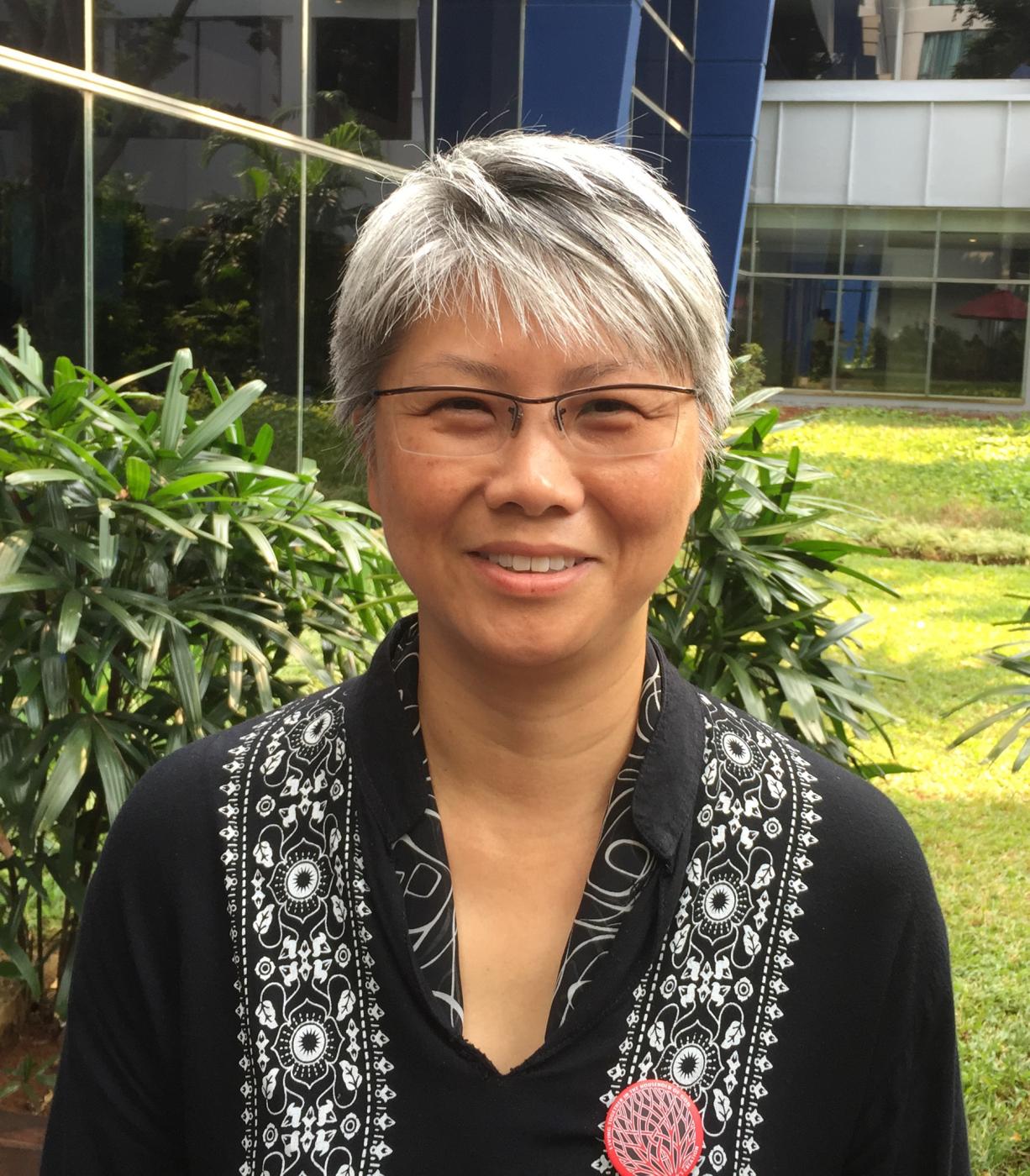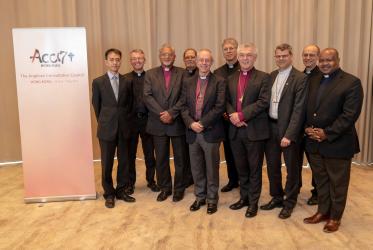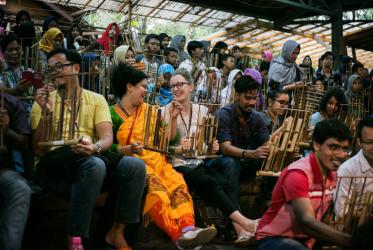By Claus Grue
In the house of God we have to take seriously the needs of the excluded, marginalized and oppressed, says the Rev. Phyllis Wong Mei Fung.
It is a question of how all may receive the creator’s love, grace, justice and peace, says Wong, minister-in-charge at the Kowloon Union Church (KUC) in the Hong Kong Special Administration Region of China.
"We would like to give a strong voice and highlight the sad realities that women and children face, and address the causes of problems,” she says.
Wong’s concern is how best to formulate and create concrete plans, programmes and strategies to achieve these goals.
Before taking up her position at KUC, Wong was an instructor at the Hong Kong Polytechnic University. She holds a Master of Education degree from Manchester University and a Bachelor in Social Work from the Baptist University of Hong Kong.
Wong, who represents the Hong Kong Christian Council in negotiations to join the Christian Conference of Asia (CCA), recently played an active role at the CCA’s pre-assembly forum ahead of their assembly held 20-27 May. She was among a group of women who formulated a clear and ambitious statement on "Equal and fuller participation of women, children and gender minorities in the Household of God".
She sees the CCA, the Asian regional ecumenical organization representing 17 National Councils and 101 church denominations in 21 countries, as a significant forum for ecumenical discussion.
She hopes that the statement will inspire participants to share knowledge and thoughts on this issue with churches in their various home areas.
"A main value of this conference is to affirm the CCA’s vision and ambition, which translate into a workable and practical practices that we can bring back into a local context,” affirms Wong.
It also involves "networking with representatives from different countries in sharing experience and knowledge. We must keep up the spririt of the ecumenical movement,” says Wong.
She also raises her concern for the gender minorities of the LGBTQIA community (lesbian, gay, bisexual, transgender, questioning, intersex, and asexual), which she says have to be addressed.
"The conference has to result in concrete action and allocation of resources,” Wong insists.
Delegates at the forum strongly expressed a need to challenge the patriarchal structure, the ecological effects of globalization and the economic landscape in terms of distribution of resources.
"Awareness is growing in many important areas, but we have to sustain efforts and keep on addressing these issues,” said Phyllis Wong.



